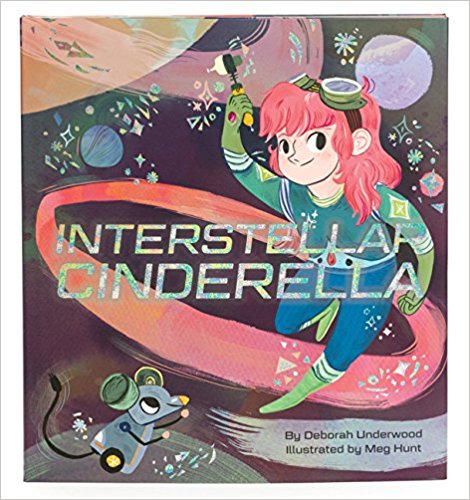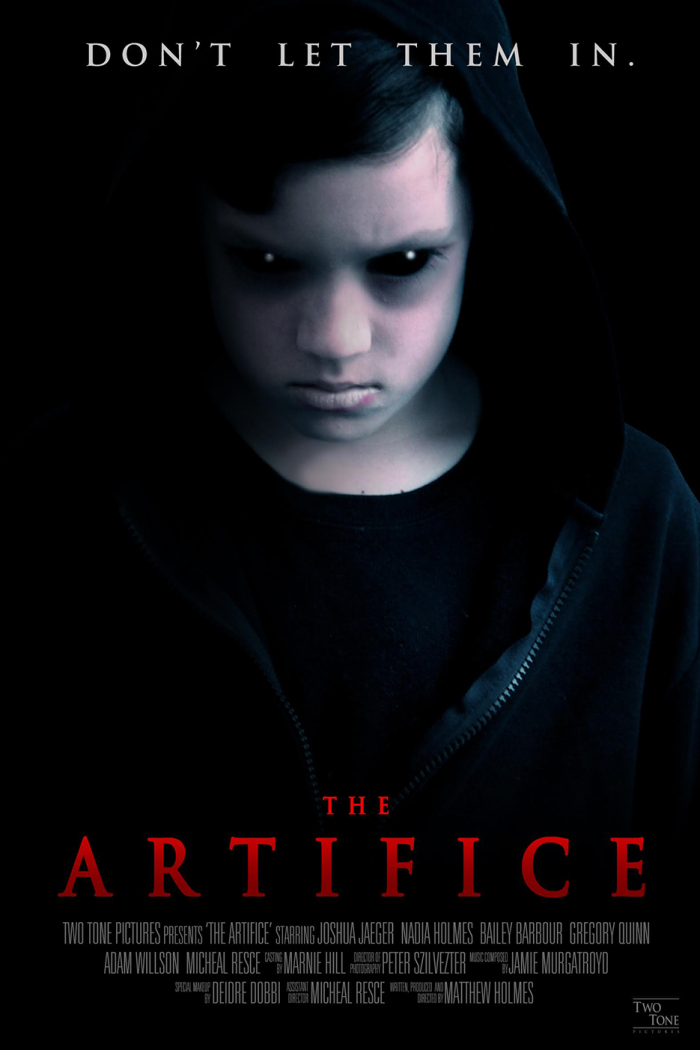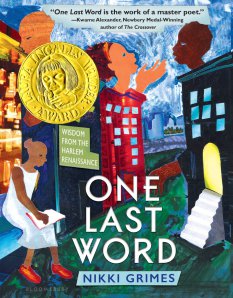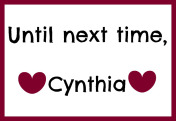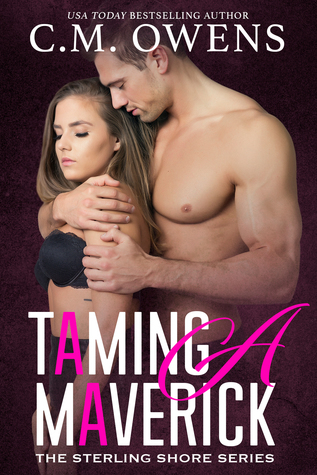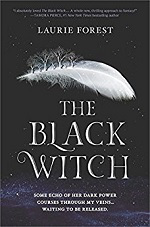 Today’s featured book: The Black Witch (Book #1 of The Black Witch Chronicles), by Laurie Forest.
Today’s featured book: The Black Witch (Book #1 of The Black Witch Chronicles), by Laurie Forest.
Format I consumed it in: Print, from the library where I work.
The premise: So as I may or may not have said before, I only found out about this book because of the whole controversy over it. I put it on hold ’cause I had to see what all the outrage was about. I also read/watched reviews of it from PoC bloggers and booktubers, many of whom had read it and thought it was good.
If you have no idea what I’m talking about, basically, some prominent book blogger read the book and (I have no idea if she actually finished it or not) found it unbelievably, unforgivably, undeniably racist, homophobic, etc., so she wrote a post warning others against reading it, complete with examples of racist speech that appears in the book (if I recall correctly, most of the excerpts are from the first half), and the online YA community was pissed off and started actively rallying against it and calling out the author and giving the book 1-star ratings, even though many of them hadn’t read the book. Now, I work in a library, and when I work at the reference desk, I find myself making book recs to people, sometimes without having read the books first (*GASP* yes, based solely on word-of-mouth or reviews), so I’m not saying that you have to read a book cover-to-cover before deciding if it’s good or total crap or, in this case, dangerous, but even before I read The Black Witch, I felt that some of the anger was kind of misplaced. Here’s a summary of the plot, lifted from Goodreads:
A new Black Witch will rise…her powers vast beyond imagining.
Elloren Gardner is the granddaughter of the last prophesied Black Witch, Carnissa Gardner, who drove back the enemy forces and saved the Gardnerian people during the Realm War. But while she is the absolute spitting image of her famous grandmother, Elloren is utterly devoid of power in a society that prizes magical ability above all else.
When she is granted the opportunity to pursue her lifelong dream of becoming an apothecary, Elloren joins her brothers at the prestigious Verpax University to embrace a destiny of her own, free from the shadow of her grandmother’s legacy. But she soon realizes that the university, which admits all manner of people—including the fire-wielding, winged Icarals, the sworn enemies of all Gardnerians—is a treacherous place for the granddaughter of the Black Witch.
As evil looms on the horizon and the pressure to live up to her heritage builds, everything Elloren thought she knew will be challenged and torn away. Her best hope of survival may be among the most unlikely band of misfits…if only she can find the courage to trust those she’s been taught to hate and fear.
Okay, so the protagonist is this 17-year-old Gardnerian girl who has been homeschooled all her life by her eccentric Uncle Edwin, who took in her and her two brothers, Rafe and Tristan, after their parents were killed during the Realm War, this huge world war where her grandmother, the legendary Black Witch Carnissa Gardner (the last name really tells you how impressive this family’s lineage is) also died pushing into enemy territory. They grow up in what sounds like a fictional version of the Alps, and eventually the two brothers go off to university in this big city. The younger brother, Tristan, turns out to have powerful magic (he’s a level-5 mage, which is a big deal), and is recruited into the military. Elloren, who looks exactly like her grandmother, has no magic at all, which is a huge disappointment and shock to the Gardnerians, especially her aunt Vivyan. Aunt Vivyan is a beautiful, wealthy, powerful mage who sits on the Council. She is also a racist, classist, prejudiced, manipulative bitch, and several of the excerpts I saw of the abusive language used in The Black Witch comes from her mouth. Elloren and her brothers were raised by Edwin, who seems much milder and more tolerant (most likely, this will be further explored in the sequel), so they’re very sheltered, but at the same time, a bit more open-minded.
Aunt Vivyan spends most of the book trying to coerce Elloren into wandfasting with (marrying) Lukas Grey, a level-5 mage from another influential family. Elloren and Lukas seem to hit it off (they go into another room and make out as soon as they meet), but she’s hesitant to marry someone she doesn’t really know, so she decides to keep him at arm’s length while she focuses on more important things, like her work-study in the university kitchens with creatures of other races who are just as prejudiced against her as she is towards them; her less-than-ideal rooming situation with 2 icarals (winged, mixed-race “demons) who aren’t disposed to cleanliness; her extremely demanding courseload; her increasing interest in her coworker, a Kelt boy; and rising political tensions. Oh yeah, and there’s also the matter of Fallon Bane, the most powerful level-5 mage and main contender to become the next Black Witch. Too bad she’s like a younger Aunt Vivyan and hates Elloren, who she sees as a romantic rival. Since this is a YA novel, the budding romantic relationships and tension are unavoidable.
My thoughts: Throughout this book, I kept going MAN, EVERYBODY’S racist! Because shit, most everybody is. The Gardnerians, who are the most politically powerful race at the moment, are obviously racist– most of them echo Aunt Vivyan and Fallon, but not so brazenly. There are some who are more in favor of integration, but they still harbor racist beliefs. The Elves are just as hoity-toity and judgmental as the Gardnerians (they walked out of a class because the new professor was an elf from a lower caste!), and none of the other races trust one another, and for good reason! Still, it was the reverse prejudice that shocked me the most, probably because I’m used to Hollywood showing me racism through a fuzzy-wuzzy lens. I usually see angry, unreasonable, horrible white people mistreating PoC, followed by a scene where the white protagonist ends up in a place with a bunch of PoC, and there’s initially some hostility, but there’s always a leader figure who steps up and speaks nicely to the protagonist and tells the others to back off. The protagonist then learns about the other side, becoming tolerant, so on, with the help of this PoC mentor-figure.
When Elloren arrives for her first shift in the kitchens, her non-Gardnerian coworkers bully her relentlessly and don’t hesitate to show their distrust and hate. The matriarch figure who I expected to step up and speak on her behalf doesn’t. In fact, the burden of reaching out, learning about other cultures, exploring history from another perspective, etc., rests primarily on Elloren’s shoulders. She spends the first half of the book hanging out with other Gardnerians only, mostly because the non-Gardnerians wouldn’t hang out with her even if she wanted them to. She makes several huge mistakes, including getting Lukas to help her deal with her problems at work (he handles the problem by threatening Elloren’s coworkers’ families) and in her dorm (he kills her roommate’s pet and hangs it up in a grotesque display), but the important thing is that she does eventually learn to question things, think independently, and become a true ally to her non-Gardnerian friends and classmates.
Is there a danger of her becoming a “white savior” figure? Ehhh, I didn’t see it that way. First of all, she’s Gardnerian, and some of the other races are arguably whiter than the Gardnerians are, but that aside… it’s true that Elloren and her few Gardnerian friends/allies are the ones in positions of power, and if it weren’t for their assistance, nothing would have been accomplished (at least, not easily) but most of what they do by the end of the book is a team effort, with people from all races and backgrounds pitching in. I think it’s a bit early in the story (this is a planned trilogy, after all) to judge on this point.
My rating: 4/5. I was going to give it a 3.75, because it is very obviously an early work by a new author (in terms of pacing, character introductions– you’ll see what I mean), but I did like it a lot, and I want to cancel out some of the unfairly negative reviews.
In terms of cultural diversity? I give this book 10/10 points. I thought the different races’ views on who among them is actually most superior (the Gardnerians think they are, the Lupines think they are, etc.) was interesting. Not everyone was subservient to the party in power.
In terms of bad-ass female characters? I give this an 8/10. Elloren spent about 40% of the book crying, even when the situation didn’t warrant it, and I was kind of annoyed by that. Fallon Bane is the only female mage and she happens to be the most powerful, which is awesome, but she’s also a big bully who spends too much time waving around what she’s got. I really wanted Fallon and Elloren to be frenemies, and for Fallon to be a morally gray character, but nope, didn’t happen! Diana gets an A+ from me, though– great female character. Almost all of the victims in this book were women, which gets a thumbs-down from me, but it’s also an old-fashioned, sexist society where women aren’t treated equally, so got to keep that in mind.
LGBTQIA REPRESENTATION? I suppose I could give this a C- passing grade.The only character who is confirmed gay is Tristan, Elloren’s brother, but he is closeted and his homosexuality is a secret known only by Elloren and 2-3 others, because homosexuality is also a no-no in this horrible world! I wondered if Elloren’s female roommates had a thing with each other, but it’s hard to tell. So far, everyone’s strictly one gender or another and all the romances have been straight (but interracial! One thing at a time, I guess).
QUALITY PLATONIC FRIENDSHIPS? Yeah, considering that many of these interracial friendships were hard-earned and many of these characters are committing potential political/social/career suicide by being close friends with one another, I would say so. Elloren and the Gardnerian girls she befriends have a great female friendship going, and with the addition of Diana and Wynter, they have a veritable sisterhood. 10/10.
Advertisements Share this:

